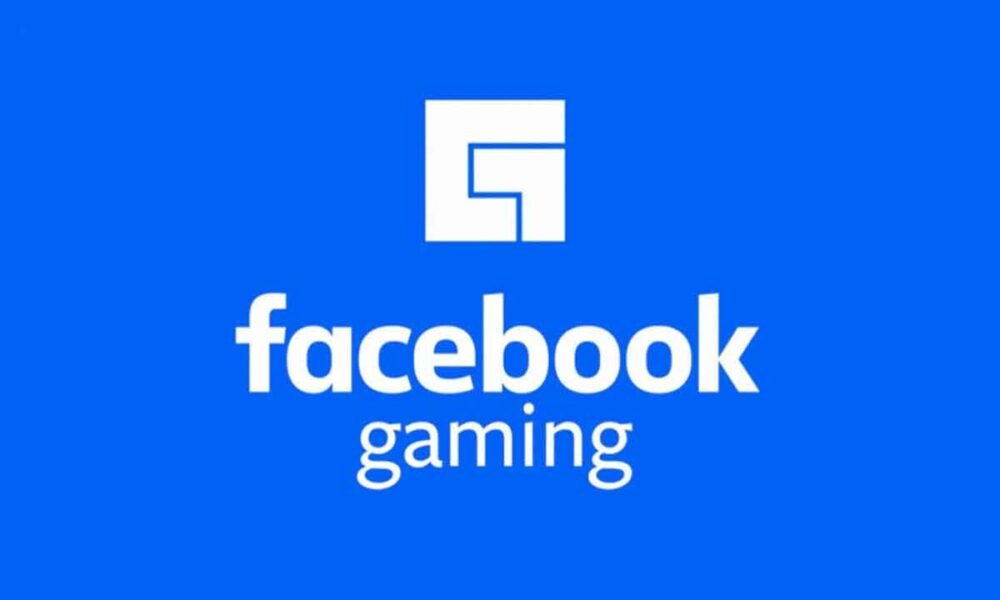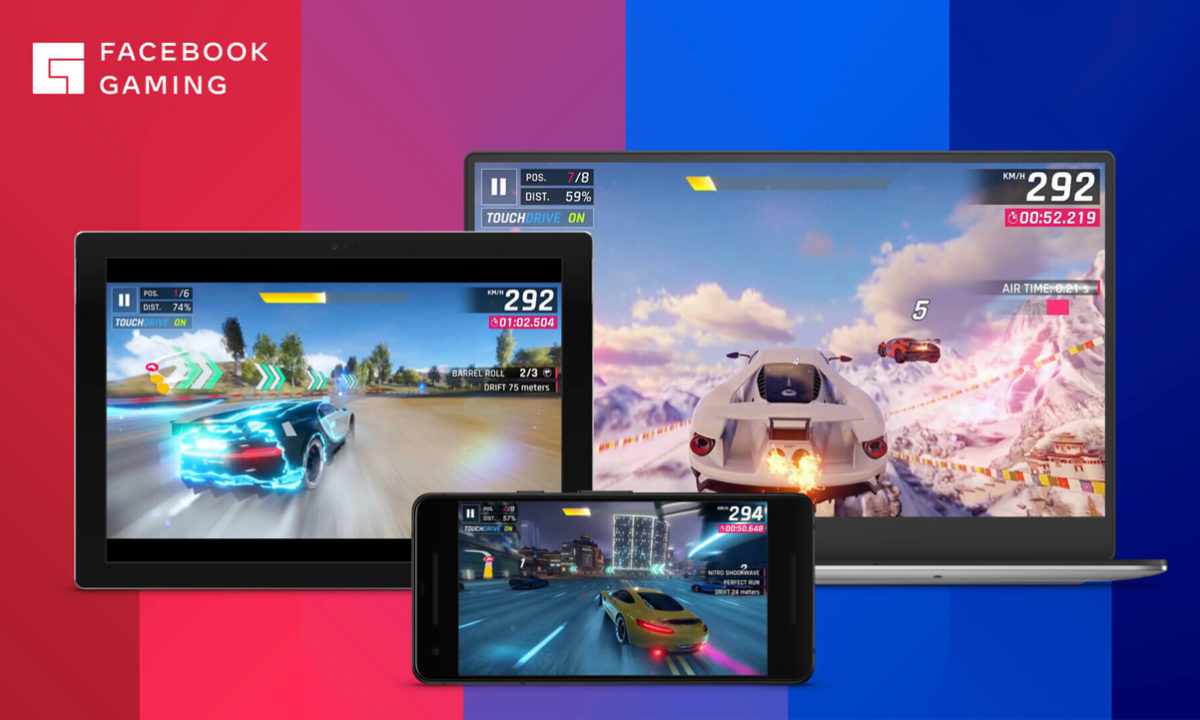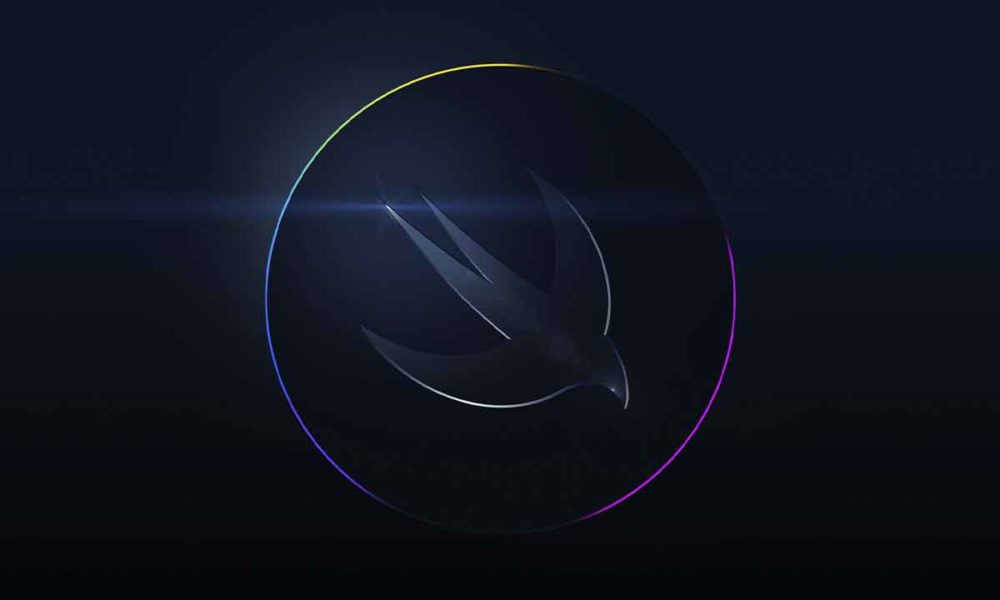
Something is happening with the streaming sectora type of content consumed massively today, which experienced a more than considerable boom during 2020, and although since then it has seen its figures drop, it is still the favorite choice among many users, especially among the youngest. A very, very coveted goal for services and advertisers, which explains why not a few technology companies have decided to try it.
However, it seems that only Twitch, surely because of having been the first, has managed to consolidate and enjoy good health in the sector. The rest, either partially or completely, have been leaving aside this bet. We experienced the most obvious case in June 2020, precisely in times of the streaming boom, when Microsoft decided to close Mixer and announced that it would transfer its streamers to Facebook Gaming, although finally it also did so to Twitch, since the streaming platform Mark Zuckerberg wasn’t ready to embrace the entire Mixer community.
It was not the first contraction movement in this type of services. In 2019, YouTube removed its gaming app, claiming it caused “confusion” among users, and instead built the game center into the main YouTube app. Since then we’ve seen moves on YouTube to improve the monetization of streams, in order to attract more streamers, but despite this it doesn’t seem like it’s been able to impact Twitch’s numbers.

Facebook Gaming, meanwhile, was born in 2018, but it was in 2020 when his movements to grow increased substantially, first with the launch of an app for Android and iOS, as well as with the start-up of a program to attract creators, with quite advantageous conditions for them. With that movement, we were able to see how some Twitch partners made the leap to Facebook, some of them thus losing their Twitch partner status.
Nevertheless, Not all of these streamers have been able to maintain the conditions set by Facebook Gaming, so in recent months we have been able to see some returns, which invites us to think that Facebook is reducing the number of streamers on the service. Something somewhat surprising, since reducing the offer potentially reduces the number of users (audience) that may be interested in the platform.
And if this were not enough, Facebook reported today to its users that the Facebook Gaming app for Android and iOS will no longer be available on October 28. It is important to clarify, yes, that Facebook Gaming will continue to work, only now access to it will be channeled through the web. However, a movement that seems to indicate that access to the platform from a smartphone is so low that it is not worth keeping the app, it does make us wonder about both the present and the future of the platform.



